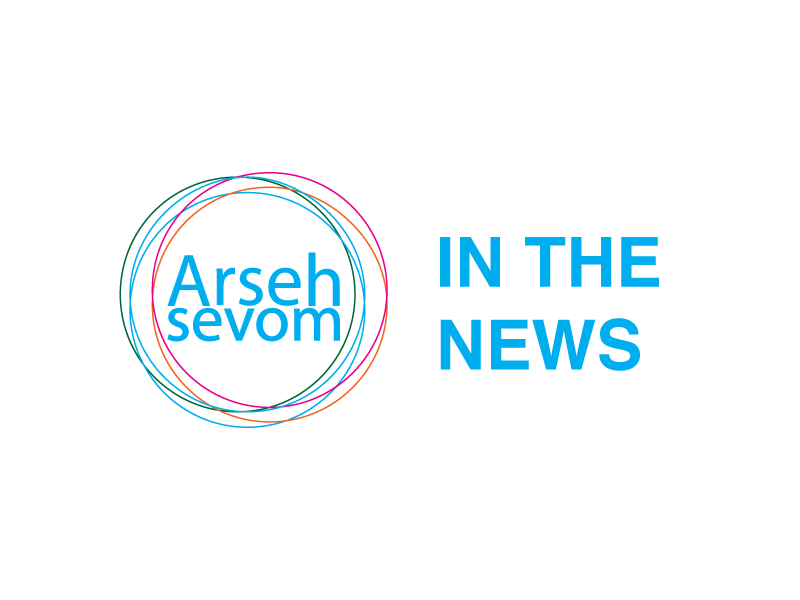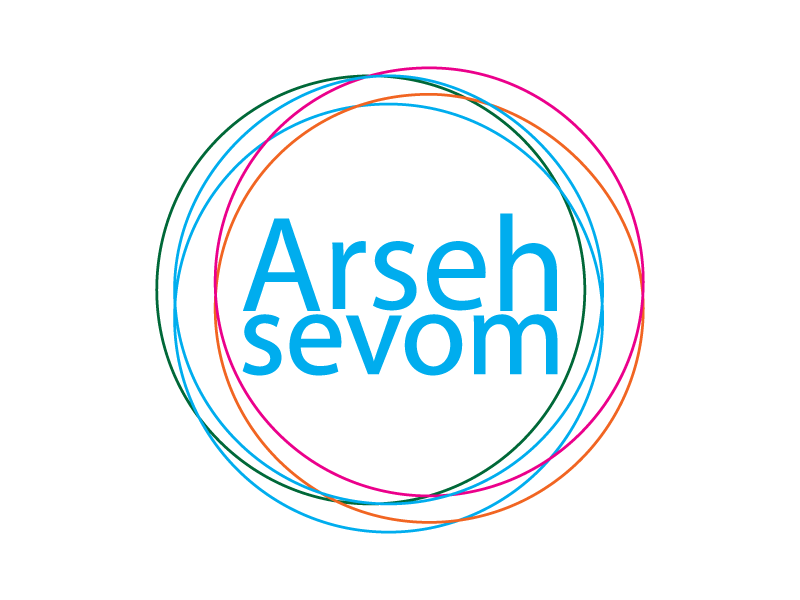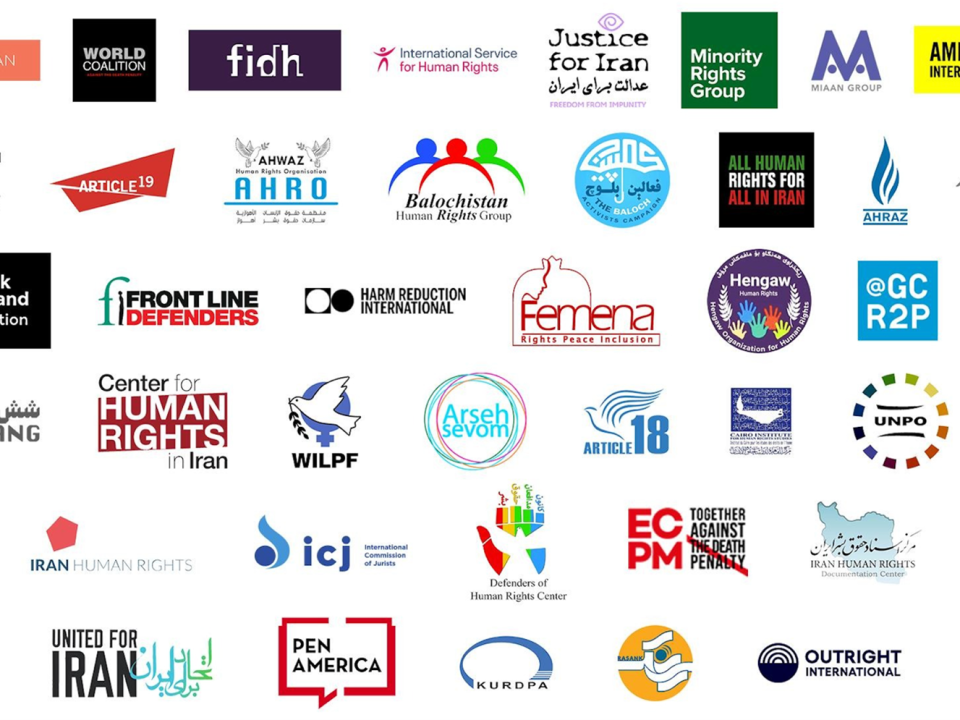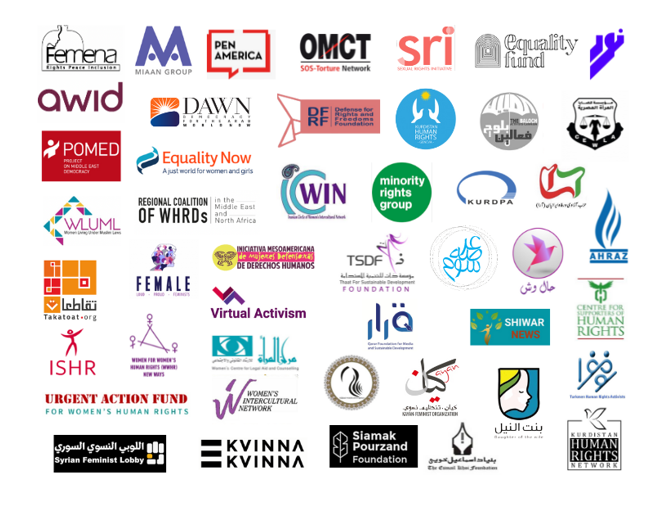
In the news…
April 28, 2011Ahmadinejad Under a Spell?
May 16, 2011Arseh Sevom, 3 May 2011- In a deliberate move to attack democratic organizations, the Iranian Parliament’s joint commission has simultaneously approved a bill requiring supervision over Members of Parliament, and is considering a restrictive bill to reform the Political Parties Law. This is happening despite the fact that, due to pressures resulting from the opposition of Iranian civic organizations, the Iranian Parliament has suspended its review of the proposed bill on the Establishment and Supervision of Non-Governmental Organizations (NGOs) for a period of three months.
These efforts collectively show that the Islamic Republic has made an organized attempt to eliminate all civic and democratic organizations in Iranian society. Arseh Sevom warns that these policies will lead to the destruction of the remnants of civic and semi-democratic organizations through the creation of supervisory committees. Arseh Sevom urges Representatives of the Islamic Consultative Assembly to remove from its agenda the bill for reforming the Political Parties Law and the bill for supervision over Members of Parliament. They should do so to defend of the right to freedom of association and assembly, the right of representation, and to protect the legal immunity of Members of the Iranian Parliament in fulfilling their role as representatives.
Two Bills: Supervision over Members of Parliament and the Reform of the Political Parties Law
The bill for supervision over Members of Parliament, which was approved in the joint commission in Majles on April 12, 2011 containing 12 articles, is a bill that violates Articles 84 and 86 of the Iranian Constitution in both a structural and dispositional way. If approved, this bill will completely remove the legal immunity of Members of Parliament in fulfilling their duties as representatives.
On the other hand, a draft bill to reform the Political Parties Law of 1981, was submitted to the Parliament in 2008, but it was never reviewed or considered by Parliament. In 2010, the Article 10 Commission of of the Political Parties Law in the Interior Ministry drafted a bill and sent it to the Executive Branch for submission as a bill in Parliament. Not only were all existing political parties ignored in the process of drafting the bill, but in addition, the creators of this draft bill did not distribute it amongst either political parties or the general public.
Both draft bills, the Supervision over MPs bill and the Reform bill for the Political Parties Law, violate the rights to freedom of association and freedom of expression and legal immunity of the parliamentarians. These rights have been guaranteed in the Constitution and the international human rights laws and accords to which Iran is obligated. Arseh Sevom issues the following analysis on these two draft bills in order to prevent the approval of them by the Iranian Parliament.
The Supervision over Members of Parliament Bill
From a structural and practical perspective, Iranian elections have never been fair and free in any true sense, and candidates for popular representation in the Parliament must obtain confirmation of their ideological and practical adherence to the ruling political order. However, according to the Internal Statute of the Islamic Consultative Assembly and Article 86 of the Iranian Constitution, they enjoy legal immunity while fulfilling their duties as representatives.
Of course, in the past, Iranian representatives have been prosecuted judicially after making factually speeches on the Parliament floor, or public speeches or interviews, but these prosecutions have had no legal basis. The approval of the bill on supervision of Members of Parliament eliminates this legal immunity, and the small number of critical representatives who are attempting to fulfill their duties, now have no feeling of legal security. They will definitely now remain silent, particularly because they will face ambiguous charges falling under the label “endangering national security,” which carries heavy penalties under the law. The silencing of representatives under this law violates the right to representation of Members of Parliament completely.
On the other hand, this bill eliminates the role of the Iranian people in supervising their representatives, and instead, it appoints a 6-person council in the Parliament to do the job. This bill prevents the people from exercising their fundamental right to supervise their representatives, whether indirectly through other representatives or directly.
The Bill for Supervision of MPs also contains provisions that eliminate the independence of the Judiciary in prosecuting representatives, which has been deemed illegal. Under this bill, if a representative is under criminal investigation, reports of the situation must be sent to a proposed “supervisory committee”. While conducting legal investigations, the “supervisory committee” may independently conclude that a representative must be criminally prosecuted, and the committee then must inform Judiciary officials. The Judiciary then must address the accused representative in a special court, hence forgoing its independence in prosecuting representatives.
According to Article 1 of the proposed Bill on Supervision of MPs, at the beginning of every parliamentary term, a “supervisory committee” composed of six representatives must be formed. Article 2 of this bill defines the responsibilities of this committee. The committee gathers reports about the offenses committed by representatives in five fields: financial, moral/behavioral, national security, tardiness and absence from Parliament meetings, and lack of transparency in reporting sources of income and funding electoral expenses. The committee is authorized to review these reports and issue judicial verdicts in certain cases. However, the Internal Statute for the Islamic Consultative Assembly specifies that only tardiness and absence from Parliament meetings can be prosecuted by Parliament; investigating all other cases lies outside Parliament’s authority. According to Iranian common law, the Iranian judiciary has that authority, and is the only institution that can investigate financial and other general offenses by Parliament representatives, not withstanding their legal immunity. This bill makes two main additions to the list of crimes specific to representatives: violations of the Moral Charter of MPs, which is supposed to be codified after the passage of this bill, and actions that undermine national security. Because of the ambiguous nature of these new crimes, this bill effectively eliminates the legal immunity that representatives currently enjoy in carrying out their representation duties.
The new Bill for Supervision of MPs emphasizes in Article 6 that representatives are immune from prosecution in fulfilling their duties, according to Article 86 of the Iranian Constitution and Article 75 of the Internal Statute of the Islamic Consultative Assembly. However, Footnote 1 of the very same article specifies that the supervisory committee has the right to determine instances of criminal offenses, subject to Article 86 of the Constitution and Article 75 of the Internal Statute. This means that the 6-person committee can decide whether any statement, speech, or interview of a representative violates the Moral Charter of Representatives or undermines national security. This new procedure not only effectively eliminates the legal immunity granted to representatives in fulfilling their representative obligations; in addition, it replaces the role of the Judiciary regarding judging and issuing criminal verdicts about other possible violations.
Based on Article 8 of the Bill for Supervision of MPs, the Judiciary is required to create a special judicial branch dedicated to violations by Parliament representatives. Thereafter, the supervisory committee will refer cases of representatives’ offenses to these special branches, following the committee’s investigation. The special judicial branch will then hold a trial and send the results back to the supervisory committee.
The establishment of the special courts and trying defendants behind the closed doors by the special courts has a long history in Islamic Republic of Iran, which violates the right to equality before the law. On the other hand, the history of Iran’s Special Courts, including the Special Clerical Court and the Revolutionary Courts, has proven violations of legal procedures and defendants’ rights. This bill violates the basic rights of the representatives who criticize the regime while it could be potentially provide privileges for pro-government MPs.
The Draft Bill to reform the Political Parties Law
On the other hand, simultaneous to the approval of the Bill for Supervision of MPs within the joint commission of Parliament, the political commission of the Presidential Cabinet is currently reviewing a draft bill to reform the Political Parties Law. This reform bill was codified by the Article 10 Commission in the Interior Ministry. Their goal is for the President to submit it to the Islamic Consultative Assembly as a bill. Not only were political parties not allowed to participate in creating the initial draft of this bill, but in addition, no political parties were even consulted in the creating the finalized text produced by the Article 10 Commission on Political Parties for submission to the President.
The Political Parties Law, passed in 1981, guarantees the right to freedom of association for political parties, in compliance with Article 26 of the Constitution. However, some of government officials, especially in the Interior and Intelligence ministries, do not tolerate the right to freedom of association for political parties. They have criticized the Political Parties Law for its unclear methods of supervision and control over political parties and have demanded its amendment.
In 2008, some MPs submitted a draft bill to reform the Political Parties Law, but it was never reviewed. Yet toward the end of 2010, the Article 10 Commission in the Interior Ministry swiftly drafted a reformed text and submitted to the President’s Cabinet in order for them to submit it to Parliament as a bill.
Prior reporting on the contents and condition of this law has been incomplete. Nonetheless, the information that the creators of this bill have revealed through speeches, radio discussions, and press conferences in recent months, has been enough to cause great anxiety amongst Iranian human rights and political activists.
According to the writings of Hamid Reza Fouladgar, one of the members of the Article 10 Commission on the Law for Political Parties and a Parliament representative, “During the foundation of political parties and the granting of the license for reforms, between the time when a temporary license is granted and the time when the permanent license for party foundation is given, the Article 10 Commission reviews and evaluates the activities of the party.” He adds that, “Reviewing in the form of the supervision over parties and reviews of their legal offenses“occurs.” Controlling political activists and limiting their ability to found political parties, via selectively granting licenses and supervising them, constitutes a clear violation of the right freedom to of association. This right has been recognized officially in the Iranian Constitution. It should be noted that under the Article 10 of the current Political Parties Law, even though political parties must apply for legal establishment permission, nonetheless, it is not mentioned that political parties without official permission are considered “illegal.”
Likewise, according to the writings of Fouladgar in the same document, in this proposed bill, a new interpretation of “foundation of political parties” has been given, so that cases such as “fronts and coalitions are included.” The foundation of political fronts requires an application by a licensed political party. In an interview with ISNA on April 6, 2011, Abbas Zadeh Meshkini, Director of the Article 10 Commission, emphasized that, according to the articles of the proposed bill, fronts and coalitions must be formed by licensed political parties. In addition, fronts and coalitions are “groups that are requesting permission for political activity, whether it is in either a sectional or permanent form. Though this political activity occurs in the form of short-term activity during election season and/or support for one individual or political current, they must still obtain a license for political activity.” Therefore, political parties and coalitions are obliged to request for the permission three times.
Meanwhile, the government has attempted in recent years to eliminate its political opposition by arresting activists and revoking licenses for political party and organizations critical of the government. Hence, it is natural that the approval of this bill comes just before the upcoming Islamic Consultative Assembly elections, and this fact is worrying for Iranian political activists. This bill attempts to limit the right to political participation and competition in elections, because not only must political parties be granted licenses to operate, in violation of the Constitution, but in addition, any form of coalition activity or support for electoral candidates must also receive government permission. This means that only the handful of coalitions that receive government permission can actually be formed, notwithstanding the continuing disqualification of many candidates that oppose government policies.
Political activists inside Iran still do not know the composition of the supervisory committee or to what extent responsibilities have been given to committee members. They are intensely worried about the authority to disband political parties involuntarily being transferred from the Judiciary to the new supervisory committee. This provision is similar to one contained in the Bill on the Establishment and Supervision of Non-Governmental Organizations, whereby that same power to disband Non-Governmental Organizations would be transferred from the Judiciary to a special committee.
Taking into consideration the efforts made in the past year and a half by security and military forces to arrest political activists and revoke the licenses of political parties critical of the government, we can deduce that political activists’ anxiety about the legalization of bans on political activity for political parties represents a serious concern.
Recommendations
- Arseh Sevom believes that the process of undoing democratization and civil society is a threat that security and military forces are consistently advancing in all public fields of society, including the Parliament, Non-Governmental Organizations, and political parties. It is clear to all observers that by creating controlled, supervisory organizations, which have the authority for founding, supervising, and dissolving all political or civil society organizations, the government will legally eliminate the roots of all civil society and political organizations. Political obstructionism and civic decline will become dominant in all fields of Iranian society.
- Arseh Sevom urges that the text of bill to reform the Political Parties Law speedily be distributed amongst all political parties and throughout society, so that Parliament can remove all provisions from this law that violate the right to freedom of association and assembly for political parties and organizations critical of the government.
- Arseh Sevom calls on Members of Parliament and the state to guarantee the right to political participation and competition, freedom of association, the right to representation, and the immunity of Members of Parliament. Arseh Sevom further calls on Parliament to stop considering bills that violate the fundamental civic and political rights of the Iranian people.
- Members of Parliament are responsible for opposing this proposed bill. By opposing this bill, they free their colleagues from the sharp blade of supervision by a small group of pro-government representatives, and preserve the independence of the Iranian Judiciary in being able to prosecute Parliament representatives just as they would any other citizen of the nation under the law.
- Arseh Sevom likewise urges parliamentarians of all nations and members of the Inter Parliamentary Union to defend the right of representation and the rights of representatives in fulfilling their duties. We urge international parliamentarians to warn current members of the Iranian Parliament against approving this proposed bill.
- Arseh Sevom expects that the international community, particularly the UN Special Rapporteurs on the freedom of association, and international organizations, will support the rights of the Iranian people. We expect them to defend the right of representation for Iranian representatives, and the freedom for political activism and to create civic societies for the Iranian people. These are fundamental human rights defined by and guaranteed in the Iranian Constitution and in all international laws and documents.





